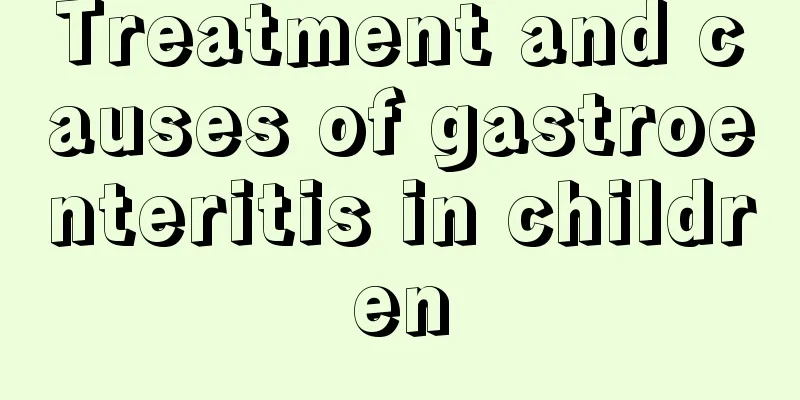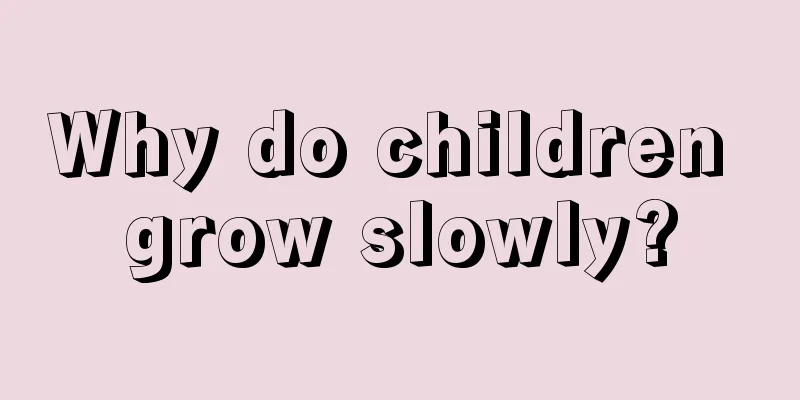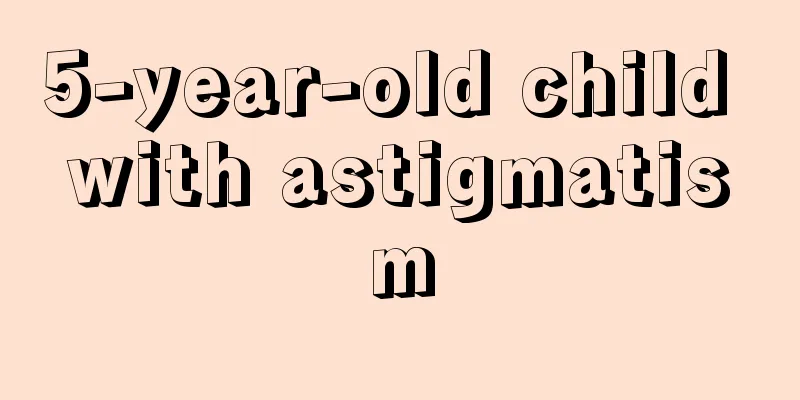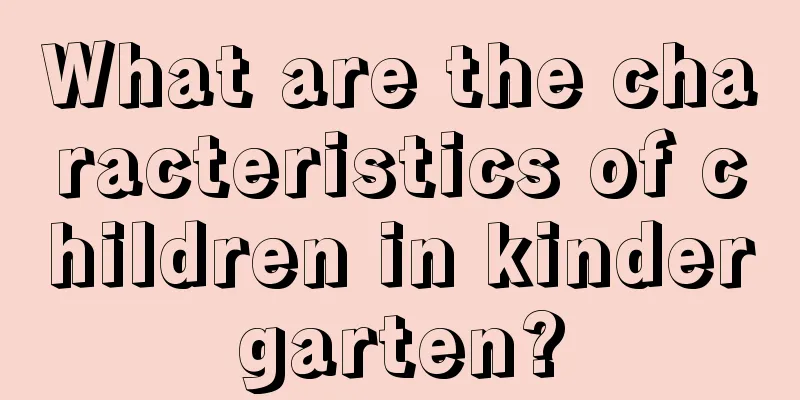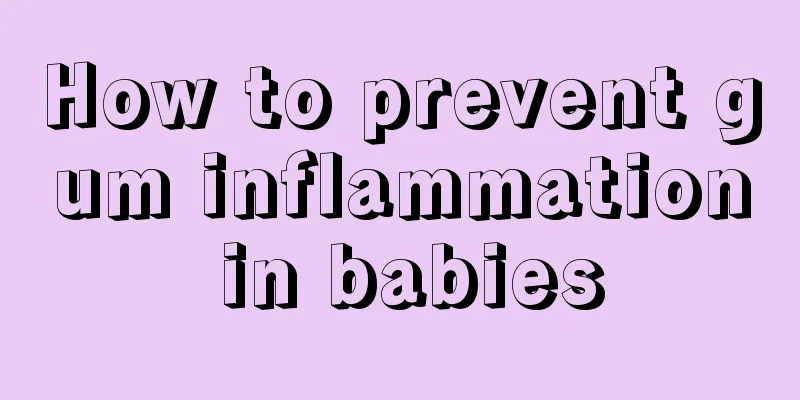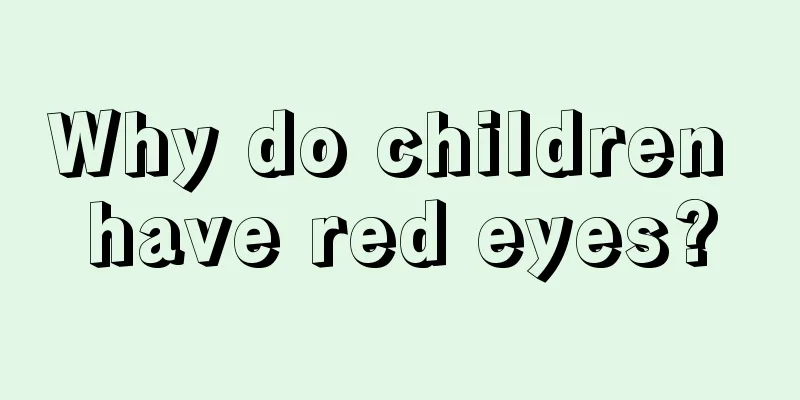Why does my child cough and retch?
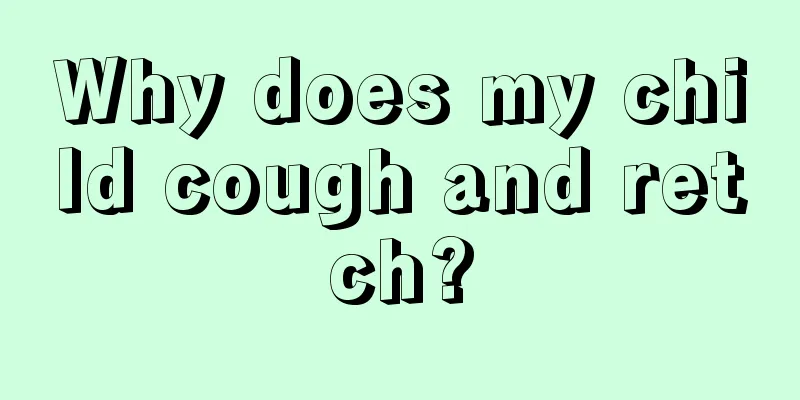
|
Children will always develop various symptoms during their development and growth, for example, dry retching is one of the more common symptoms in children. There are many reasons why children cough and retch, such as incomplete development of the respiratory tract, increased stomach pressure, psychological problems, pharyngitis, neurological diseases, etc., which may cause children to cough and retch. Below we will introduce in detail the reasons why children cough and retch! The respiratory tract is not fully developed Because the respiratory tract is not fully developed and is particularly short, tears and snot will flow into the respiratory tract when crying, so crying hard will cause coughing. However, after these things are coughed out, they will flow into the esophagus. Because they are sticky, they will block the esophagus and cause vomiting. In short, it is because the child's respiratory tract and esophagus are too short, and the fluid produced by crying cannot be diverted smoothly, causing the child to cough and vomit when crying. Increased stomach pressure This is because the twitching when crying causes increased stomach pressure, which leads to vomiting. Sometimes it is due to irritation, especially after a meal, when the food has not been digested. The upset mood at this time affects digestion and absorption, making vomiting more likely. A child's loud crying irritates the throat and causes coughing, which has no major impact on the body. Psychological problems Some children have psychological problems, which are more common in children who are loved and spoiled by their parents. An unintentional action like this makes their parents compromise. From then on, whenever they do something that they don't agree with, they will do such a thing, making their parents focus on them and do what they want according to their wishes. Over time, this habit is gradually formed. Pharyngitis It is generally considered to be caused by pharyngitis, which is usually caused by a viral infection after catching a cold. Common clinical manifestations are fever, cough and sputum, dry and sore throat, nausea and vomiting. It is recommended to take your child to the hospital for a routine blood test and chest X-ray. Pay attention to keeping the child warm. You can try giving the child amoxicillin granules. Neurological disorders Central nervous system diseases such as encephalitis, meningitis, intracranial hemorrhage or tumors, and craniocerebral trauma can also cause vomiting, which is characterized by no nausea before vomiting and projectile vomiting, but is often accompanied by other symptoms of the nervous system, such as headache, mental depression, drowsiness, and even convulsions and coma. |
<<: What's wrong with Yueke's child having diarrhea?
>>: What to do if your child coughs and has thick phlegm
Recommend
What to do if your baby has a cold, fever and runny nose
Generally, newborn babies have strong resistance ...
What should I do if my baby has dry stool after eating milk powder?
Milk powder should not be unfamiliar to many youn...
What is the cause of the child's stuffy nose?
Children's respiratory passages are relativel...
What calcium tablets are good for children to take when they are changing their teeth?
Calcium supplementation is a very common thing in...
What medicine is effective for children with urticaria
Everyone should be familiar with the skin disease...
What can children eat to supplement vitamins?
Because our bodies need enough vitamins every day...
How to Prevent Mumps
We know that disease prevention is very important...
What should I do if my baby is allergic to medicine?
If the baby is sick, parents must not give the ba...
Will infantile rash cause a low fever?
Most children have delicate skin when they are yo...
Developmental standards for eight and a half month old babies
Babies aged eight and a half months cannot speak ...
What to do if children have eczema on their hands?
Many children have the bad habit of sucking their...
What are the common symptoms of premature babies at 33 weeks of pregnancy?
What are the common symptoms of premature babies ...
How to treat children’s indigestion? Three essential aspects
Whether the child's digestion is good or not ...
Baby's fists tremble when he stretches
Parents are very sensitive to any changes in thei...
Causes of nosebleeds in children
Especially in summer, children are particularly p...
